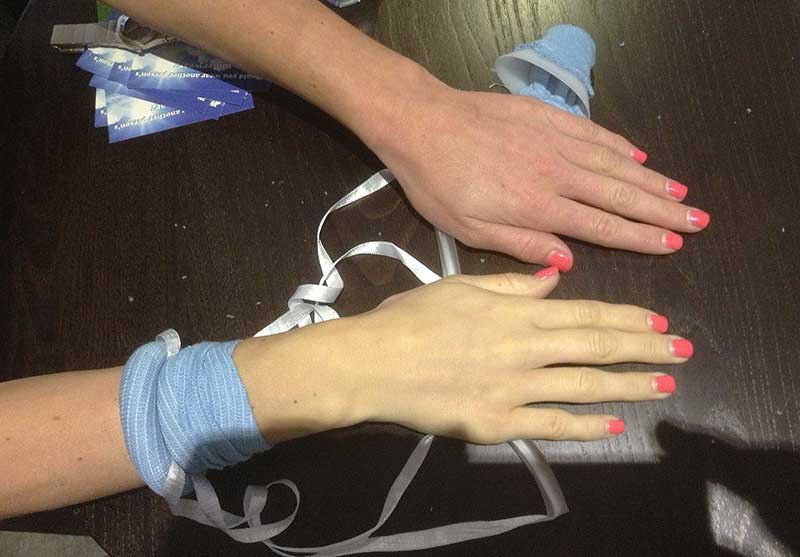Preventing Infections
Surgical Site Infections (SSI) are the most undesired complication of surgery
Surgical Site Infections (SSI) are the most undesired complication of surgery in general and elective orthopedic surgery in particular. According to the Center for Disease Control (CDC) and large-scale scientific studies the US national rate of infection in:
- Hand surgery is less than 0.5%
- Knee replacement operations are 1.3%
- Operations of the feet are 4% in normal patients and 11% in patients with diabetes.
As such, prevention of infections plays a critical role in perioperative care.
- Disinfection: The operated limb is cleaned and coated with special solutions (fluids) to kill bacteria.
- Another important means of minimizing infection: Covering the patient with sterile drapes, donning gloves, masks, and gowns.
- Sterility: Only using sterile tools are used.
- Air purification: Cleanliness of the air in the operating room (OR) is controlled as much as possible.
Surprisingly, there is one exception to the rule:
- Non-sterile tourniquets are still used by many hospitals and ambulatory surgical centers for limb surgery.
- Tourniquets are moved from one patient to another with cursory cleaning, or without any cleaning at all. They are contaminated with a range of pathogenic bacteria as shown in multiple scientific studies.
- HemaClear® and single-use pneumatic tourniquets are germ-free.
We highly recommend you verify with your surgeon or the PA that regardless of the of the tourniquet type used in your procedure, it must be sterile.

